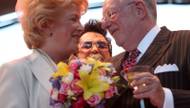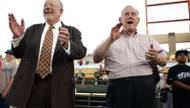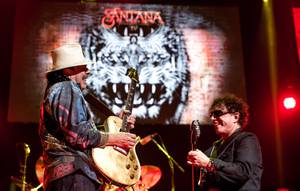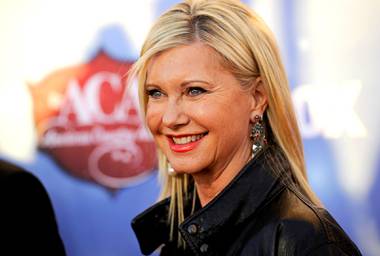The day after one of my heroes was murdered, I didn’t know exactly how important or relevant was this personal tragedy.
Walter Cronkite made it clear.
It was Dec. 9, 1980, the day after John Lennon was shot to death in New York City. The news broke in the most startling, out-of-context way, that it’s still hard to grasp: Howard Cosell announced it during a “Monday Night Football” game pitting the New England Patriots against the Miami Dolphins. “… probably the most famous of all The Beatles,” Cosell intoned, as if calling the kickoff to the Super Bowl. But what does this mean? Not much to my schoolmates at Bidwell Junior High School in Chico, Calif. Throughout the day after Lennon’s assassination, many teenagers mistakenly thought actor Jack Lemmon had been shot. Lennon had just made an album, "Double Fantasy," but resided almost completely out of the public eye for the previous five years. I was an oddity, a rabid Beatles fans amid kids who were embracing the likes of AC/DC, Queen and Blondie.
That night I watched the news. There was no other nightly national newscast than “The CBS Evening News,” and it played each night at our house. I thought I’d have to ride out the entirety of the newscast to get to the mention of John Lennon’s murder. Not so. It was the lead story. As I remember Cronkite's words, and I’ve not seen this clip anywhere since, it was, “On a night when war rages in Afghanistan and Americans are held hostage in Iran, our attention turns instead to the death of a rock and roll star.” The wording might not have been exactly that (and searching far and wide for exact verbiage is not the point here), but I do remember how simply yet powerfully Cronkite explained the cultural ramifications of John Lennon’s death. Larger than our hostages, which were so pertinent we counted each day by marking off calendar dates. Larger than the Soviet invasion of Afghanistan, which prompted our president to keep our athletes home rather than allow them to compete in the Summer Olympics in Moscow.
There were other massively important news events over the span of those years. Lunar landings. Nixon’s resignation. Presidential funerals. Each time, when Mom and Dad said, “Watch this. It’s history,” Cronkite was the one telling us what happened, and why it should be remembered.
I didn’t realize it at the time, but we were fortunate to grow up with him delivering the news of the day. I never imagined I’d feel lucky for that, but in the hours after his death at age 92, I do. His influence will never be matched, the broadcast journalism field so thinned out compared to the reach of the major networks of the 1960s and ’70s. But at a time when Cronkite could so powerfully sway public opinion, when he could have easily assembled a nation of followers so vast that by comparison today’s “Dittoheads” would look like a chess club, he held the reins and told the truth. In return, we trusted him entirely, and what we’re hearing in the immediate aftermath from those who followed Cronkite is we will not see his type again, ever.
In this instance, they all got the story right.








Previous Discussion: